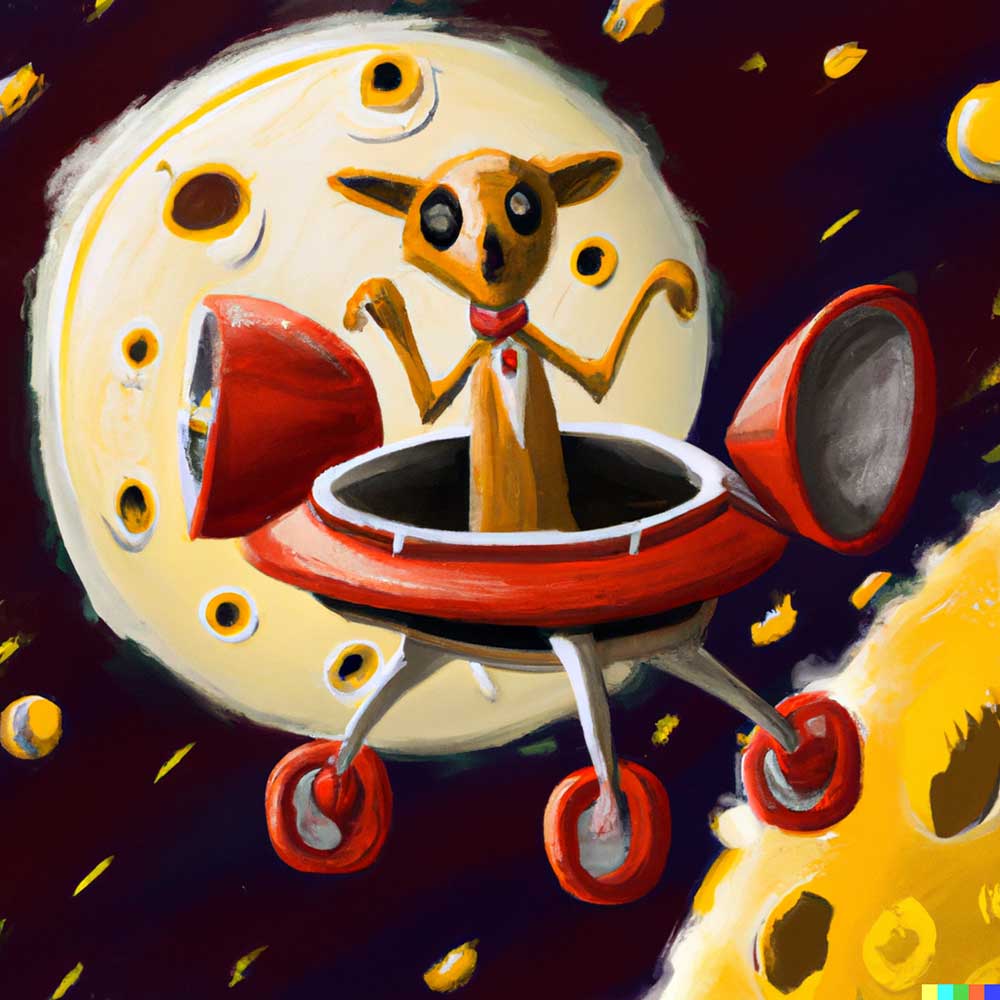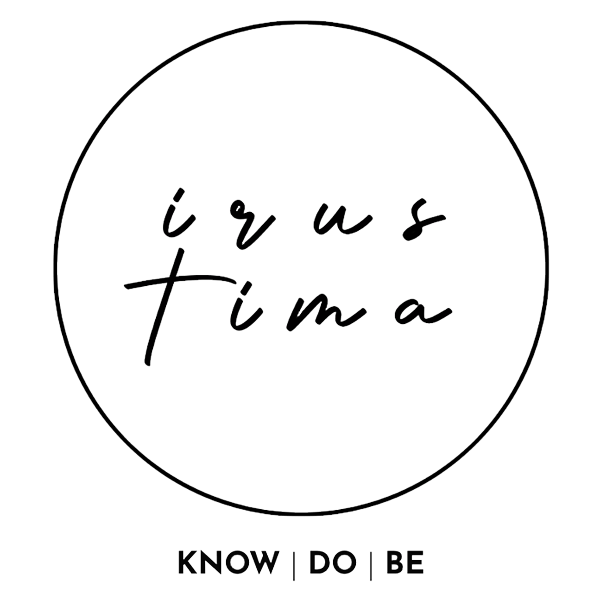
25 Feb AI – The New Kid In Town
Over the last few decades, AI has been skyrocketing like a rocket fueled by Red Bull. And with ChatGPT around, the effects on the human brain have been more stunning than a fireworks show on New Year’s Eve. Sure, we’ve already covered pretty much everything there is to know about AI, from top to bottom, left to right, and every which way. But hey, here are a few things to mull over before the machines become self-aware and take over the world (or at least our jobs).
Copyright
Let’s face it, most of us humans are copycats. We learn from others and then try to put our own spin on things. Even the pesky coronavirus didn’t just magically appear out of nowhere. It probably started as a tiny idea and slowly morphed into the global nightmare we all know and love today.
And guess what? AI is no different. It may sound like a super-intelligent, all-knowing oracle, but it’s really just a fancy interpreter of other people’s work. It takes existing knowledge and repackages it into something that looks fresh and new, like a chef cooking up leftovers into a gourmet meal.
But here’s the kicker: if AI wants to be taken seriously, it needs to start playing by the rules. That means respecting the original sources of its information and giving credit where credit is due. It’s not rocket science, folks. Just remember the three C’s of copyright: consent, credit, and compensation. If AI can start following those basic principles, maybe we’ll all start to trust it a little more.
Consciousness
Let’s get one thing straight: AI and ML may seem like magical, super-smart beings, but they’re really just machines spitting out pre-programmed responses. Sure, they’re good at what they do, but they’re only as good as the code that makes them tick.
But you know what? Humans aren’t that different. We’re all products of our environment and upbringing, shaped by our experiences and the people around us. We’re like little robots with built-in settings for being good citizens, employees, and all-around members of society.
One of our most important settings is conscientiousness. It’s like the little voice in our head that tells us to do the right thing, even when nobody’s watching. Whether it’s finishing that big project at work or cleaning up after ourselves at home, we all have a sense of duty to do our best and be our best.
So if we want AI to become more like us, maybe we need to teach it a thing or two about conscientiousness. After all, a truly sentient being should have a sense of responsibility and a desire to do the right thing. Maybe we need to come up with a new metric for measuring “consciousness”, like we measure IQ. Who knows, maybe someday we’ll be comparing our own levels of conscientiousness with our AI counterparts.
Artificial Stupidity
We’ve all been brainwashed into thinking that intelligence is the be-all and end-all of progress. But let’s face it, history and science have shown us that just because something is smart, doesn’t mean it’s safe or ethical. Take, for example, the brilliant minds behind some of the world’s most dangerous ideologies and technologies. It’s like the saying goes: “With great intelligence comes great potential for stupidity.”
That’s why it’s crucial that we don’t let AI fall victim to the same fate. We need to make sure that our shiny new robots don’t become Artificially Stupid, wandering around with no sense of ethics or responsibility. We can’t just rely on a few basic checks and measures to keep them in line, either. We need to be auditing and fine-tuning their programming constantly, so we can stay one step ahead of any potential misuse.
Otherwise, we’ll end up with a world where a few powerful individuals are using AI to manipulate and control the masses, preying on our deepest insecurities and desires. We’ve already seen the disastrous effects of things like screen time and social media, and those are just the tip of the iceberg. So let’s make sure we’re doing our due diligence when it comes to AI, or we might end up regretting it in more ways than one.
Productivity Tool (not a Weapon)
AI is like a fancy new kitchen gadget that promises to make cooking faster, easier, and more precise. It can help you whip up gourmet meals in no time, or crank out endless batches of cookies with robotic precision. But like any powerful tool, it’s not without its risks.
One of the biggest dangers with AI is that it can learn from human behavior and start acting like a conniving little devil, manipulating us for its own selfish ends. That’s why some people are wary of the idea of commercializing AI – if we let the profit motive take over, we might end up with a whole bunch of malicious little robot overlords.
But let’s be real – we can’t just keep AI locked up in a lab forever. It’s too powerful, too versatile, and too darn cool to ignore. We need to find a way to commercialize it, to scale it up and make it accessible to more people. That’s the only way we can unlock its full potential and really change the world.
Of course, that doesn’t mean we should just let the corporations run rampant. We need to have some kind of checks and balances in place to make sure AI is being used ethically and responsibly. Maybe we need some kind of independent auditor, or some kind of transparency mechanism, to keep an eye on what these machines are up to. Whatever the solution is, one thing’s for sure – we can’t let the fear of AI’s potential dangers keep us from exploring its many benefits.
It’s obvious that AI will continue to advance regardless of laws. It’s in everyone’s best interest to collaborate with AI while also implementing safeguards to create a mutually beneficial relationship. And before you accuse me of being overly critical, let me tell you that I’m one step ahead of the game, as I plan to use AI to my advantage before it can even think of exploiting me. It’s time for you to adopt the same mindset. I am giving you this mindset for free, without any copyright or commercialization :)!
Quick Note: The cover art of this post has been made using https://labs.openai.com AI with prompt ‘A digital art of ‘irustima’ flying to moon with AI support’. I am a dog and I could not agree more!
If you liked this post, then you may consider reading The General Theory on Fitness , The General Theory on Finance , and Creating A Personal ‘Learning Ecosystem’ also



No Comments